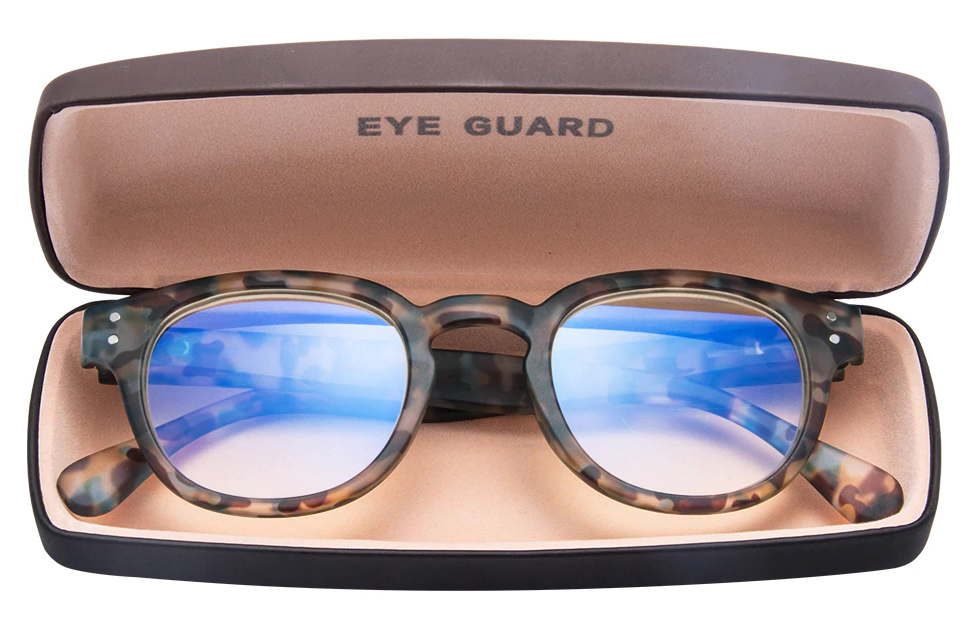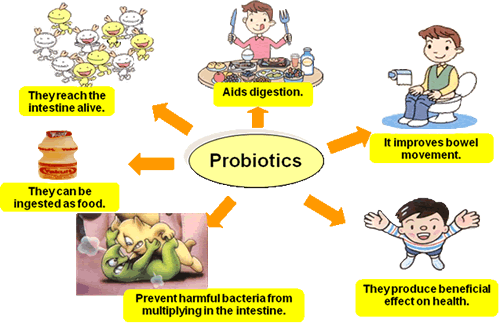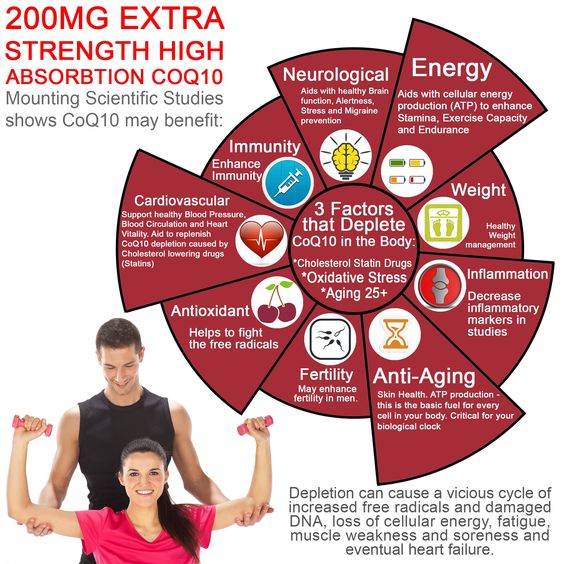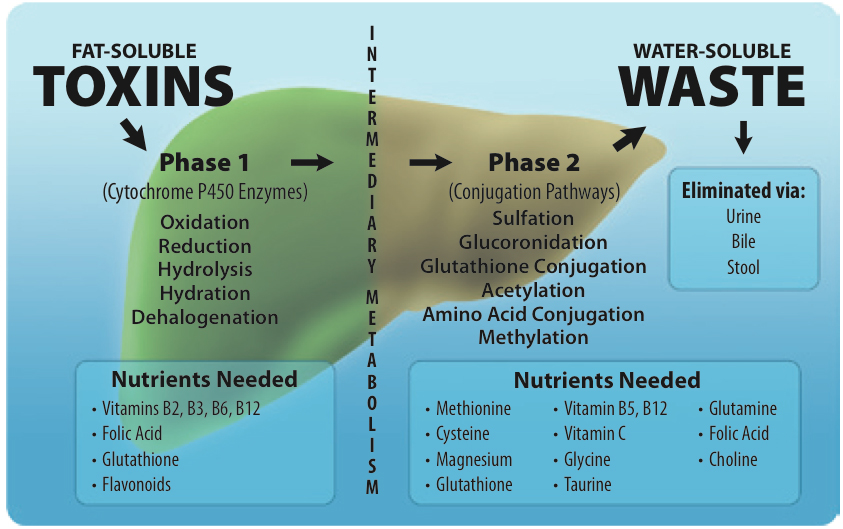A Dietary Nutraceutical Supplement for Better Health
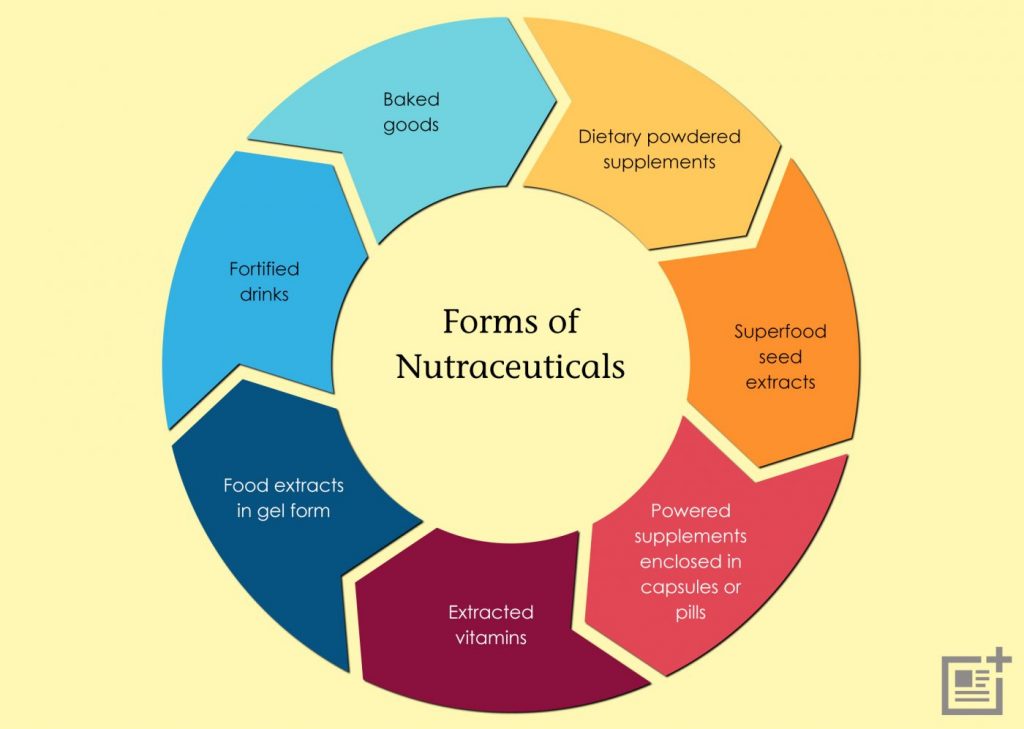
|
This article was edited on 02/22/21.
Ads we feature have been independently selected and reviewed. If you make a purchase using the links included, we may earn commission, which helps support the site.
What are Dietary nutraceutical forms of consumables? From Dictionary.com, “a bioactive compound occurring as a food component, additive, or product, including vitamins, dietary fiber, herbal extracts, carotenoids, and probiotics: nutraceuticals are said to promote health and well-being, allegedly helping in the prevention and treatment of disease.”1
Well now, that’s a mouthful. The particular supplement we are interested in this article is L-Arginine. It may not be as commonplace as vitamin C or CoQ102 but the list of health benefits is impressive.
What is L-Arginine?
Under normal circumstances your body naturally produces L-arginine. You can also acquire additional L-arginine as part of your regular diet. But at times, your need for L-arginine may exceed your body’s ability to produce and/or consume it naturally. This nutrient deficiency is often the case for older adults or people with some medical conditions. This is when supplements are helpful, either prescribed or purchased over the counter.
In these cases, you might be prescribed artificial (lab-produced) L-arginine in the form of an oral medication, injections, or skin creams. A number of potential health conditions may benefit from a supplemental intake of L-arginine. It is generally considered safe in moderate and recommended doses, however too much L-arginine carries the potential for severe side effects, up to and including death. Therefore, it is key to consider how the supplement can interact with your body and with other medications prior to taking it. Always consult with your doctor before beginning a regimen.
The Benefits of L-Arginine
It offers two primary effects; First, it turns into nitric oxide and secondly it aids the body in building protein. According to Medical News Today, “These effects give L-Arginine an array of potential benefits that range from heart health and chest pain to helping to build muscles, repair wounds, and improve male fertility. Although there are many claims about the benefits of L-Arginine, not all of them are supported by scientific research studies.”3
However, the following benefits and uses of L-Arginine have been researched:
- Growth hormone reserve test (a test used if a growth hormone deficiency is suspected.)
- Correcting inborn errors of urea synthesis
- Reducing high blood pressure
- Treating erectile dysfunction (ED)
- Treating heart disease
- Easing inflammation of the digestive tract in premature infants
- Controlling blood sugar in people with diabetes
The Side Effects of L-Arginine
- Gout
- Abdominal pain
- Diarrhea
- Blood abnormalities
- Worsening of existing asthma condition
- Bloating
- Airway inflammation
- Lowered blood pressure
- Allergies
As with any drug or supplement, L-Arginine has its own benefits and side effects. It always pays to be in the know about what to expect. Additionally, the U.S. Food and Drug Administration (FDA) does not, nor does it claim to, monitor the safety or effectiveness of any supplements, so it is important to choose a reputable brand that you know and trust.
More Trending Articles:
- 10 Signs of Nutrient Deficiency
- Intermittent Fasting – a Beginner’s Guide to Weight Loss
- Types of Blood Pressure Medications
- Who Needs a Flu Vaccine Shot and When
- Basil: a Savory Addition to Your Herb Garden and Kitchen
- Prebiotics, Probiotics, and Synbiotics; What Does It All Mean?
- How Health Care Systems Use Clinical Empathy to Support Patients
Resources
- Dictionary.com, https://www.dictionary.com/browse/nutraceutical?s=t
- Kelly R. Smith, I Can Fix Up My Home Blog, Should Runners and Others Supplement with CoQ10?, http://www.icanfixupmyhome.com/WPBlog1/2018/12/05/should-runners-and-others-supplement-with-coq10/
- Jenna Fletcher, Medical News Today, The benefits and side effects of L-arginine, https://www.medicalnewstoday.com/articles/318174#_noHeaderPrefixedContent

Did you find this article helpful? Millions of readers rely on information on this blog and our main site to stay informed and find meaningful solutions. Please chip in as little as $3 to keep this site free for all.
Visit Kelly’s profile on Pinterest.
About the Author:
 Kelly R. Smith is an Air Force veteran and was a commercial carpenter for 20 years before returning to night school at the University of Houston where he earned a Bachelor’s Degree in Computer Science. After working at NASA for a few years, he went on to develop software for the transportation, financial, and energy-trading industries. He has been writing, in one capacity or another, since he could hold a pencil. As a freelance writer now, he specializes in producing articles and blog content for a variety of clients. His personal blog is at I Can Fix Up My Home Blog where he muses on many different topics.
Kelly R. Smith is an Air Force veteran and was a commercial carpenter for 20 years before returning to night school at the University of Houston where he earned a Bachelor’s Degree in Computer Science. After working at NASA for a few years, he went on to develop software for the transportation, financial, and energy-trading industries. He has been writing, in one capacity or another, since he could hold a pencil. As a freelance writer now, he specializes in producing articles and blog content for a variety of clients. His personal blog is at I Can Fix Up My Home Blog where he muses on many different topics.


